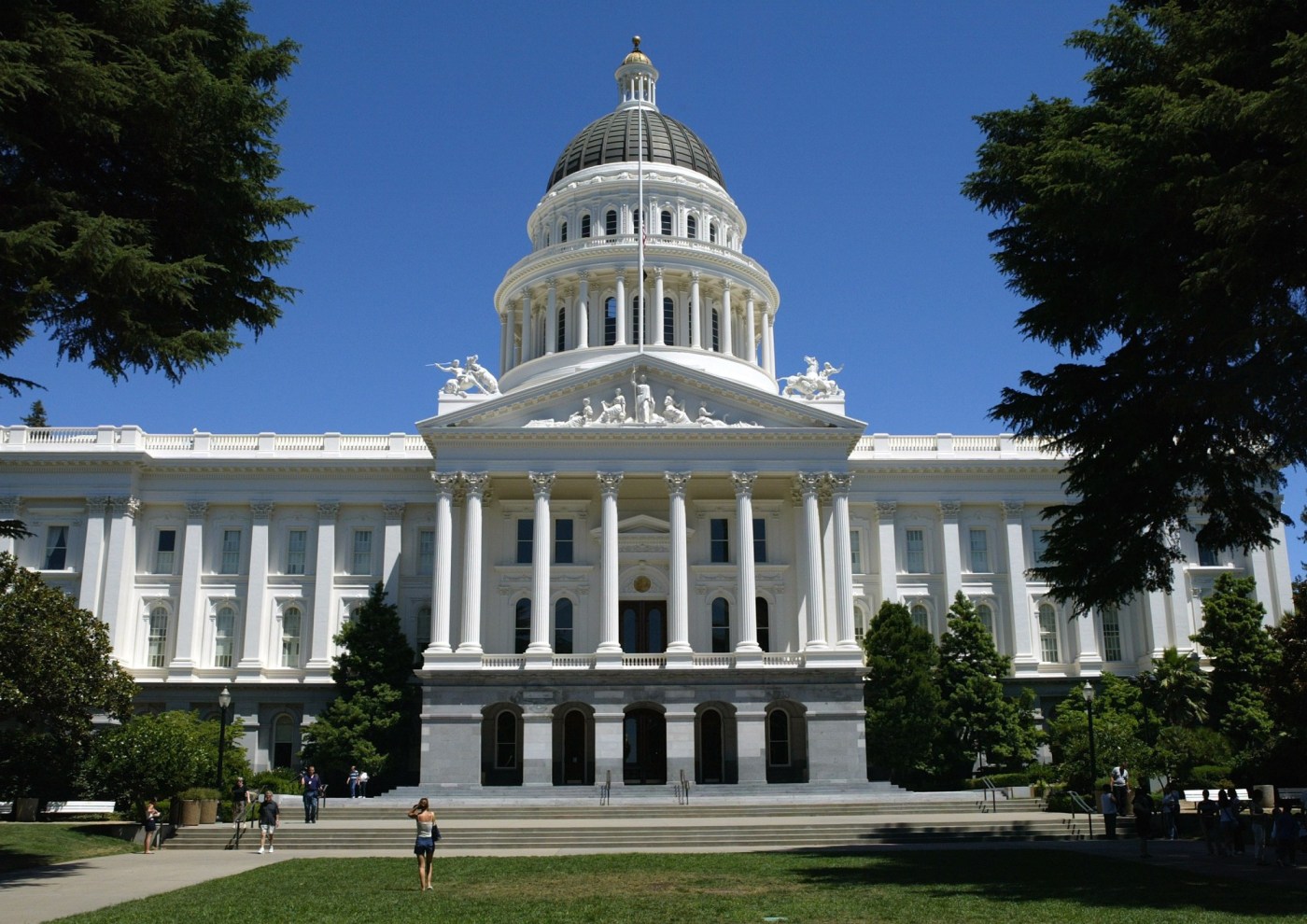In a political climate where it seems those on opposite sides of the aisle find it difficult to agree on much, a bipartisan group of legislators came together last week to say they concur on various “principles” for, of all things, immigration reform.
Immigration policy has been a contentious and complicated task for lawmakers for several years — that’s not new.
But in recent weeks, with the federal government ramping up immigration enforcement operations across the country, including in Southern California, the challenge is underscored even more.
On Wednesday, July 2, a cohort of Republicans and Democrats who make up the bipartisan California Problem Solvers Caucus in Sacramento, though, said there are several core principles they agree on when it comes to immigration.
Undocumented immigrants and DACA recipients, they said during an event outside the statehouse, “have contributed greatly to California’s culture and economy for decades.” And many undocumented immigrants are long-term residents of their California communities who work essential jobs and could contribute even more if they were granted legal status, they said.
A pathway to legal status should exist for undocumented workers who are not threats to public safety, they said.
And due process “is a foundational value of our democracy,” they said.
But the legislators also agreed that a secure border is crucial to combating drug and human trafficking and strengthening the country’s national security.
Assemblymembers Laurie Davies, R-Laguna Niguel; Diane Dixon, R-Newport Beach; and Blanca Pacheco, D-Downey, are part of the California Problem Solvers Caucus.
The legislators said they are working in tandem with the congressional Problem Solvers Caucus to advocate for their shared immigration principles.
“For too long, federal inaction has left our communities in limbo,” said Assemblymember David Alvarez, D-San Diego. “These principles lay the groundwork for real solutions — securing the border, honoring due process and providing a path to legal status for those who have earned it. It’s time for Washington to do its job.”
“These bipartisan principles strike a balance between securing the border and recognizing the value that hardworking immigrants bring to our economy,” said Assemblymember Josh Hoover, R-Folsom. “California can’t solve this alone — Washington must lead.”
The group’s press conference came after a handful of Republican legislators, including Davies and Dixon, sent President Donald Trump a letter, urging him to focus his administration’s immigration enforcement efforts on targeting “violent criminals” rather than “non-violent migrants.”
A White House spokesperson, in response, said the Trump administration is focused on those who pose a threat to public safety.
“President Trump remains committed to carrying out the largest mass deportation operation in history by removing dangerous, violent criminal illegal aliens from American communities and targeting the sanctuary cities that provide safe harbor to criminal illegals,” White House spokesperson Abigail Jackson said in an email.
In other news
• Assemblymember Avelino Valencia is behind a bill to prohibit online games that use “dual currency” to imitate casino-style betting. These are games that use virtual coins — which in turn, can be cashed in for real money or prizes — to play online casino-like games, according to the Anaheim Democrat’s office.
“We cannot look the other way while these platforms exploit legal gray areas,” said Valencia. “These operations undermine the voter-approved framework that affirms tribal governments’ sovereign right to conduct gaming in California.”
This bill is in the Senate.
• An agreement was reached between legislators and the governor last week to delay implementation of a law mandating that large group health care plans provide coverage for infertility care, including IVF. It was slated to go into effect on July 1 but has been pushed back six months, to the start of 2026.
“As someone who would have to rely on access to fertility treatments for my own family-building, I understand the disappointment with a delay of coverage,” Sen. Caroline Menjivar said. “I know how frustrating another six months is, both emotionally and financially, for folks who are counting the days until they can welcome a child.”
“Our state has never mandated infertility health care coverage, so I hope Californians can be patient with us a little longer as we get this right for its implementation now in January 2026,” she said, noting people should check with their health plans directly because some employers may still have already elected to include this coverage.
